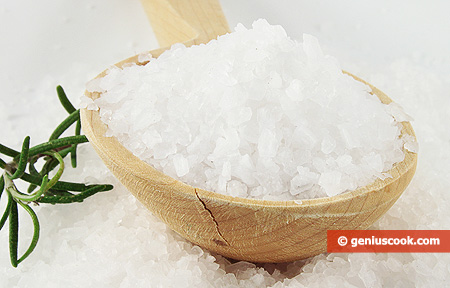Is Salt Wholesome or Harmful?
Lately scientific world has been stormed by many a new discovery, some of them going contrary to what was published before.
One of these discoveries was made by scientists from the University of California, Davis, that we have no reason to be afraid of salt. A man is unable to eat too much salt, because its intake is controlled by the brain. The body receives just so much salt as it needs for good health. The intake of salt is controlled by the brain and doesn’t depend on your diet.
It emerges that shortage of salt is just as harmful for health as its excess. But the thing is that you can adopt a salt-free diet, but you won’t be able to eat the amount of salt that would be damaging, the brain will send signals that will preclude it.
The present-day sodium norm set by doctors for healthy people is not more than 2,300 mg per day, and for those who are threatened by cardiac diseases not more than 1,500 mg per day. It is a deal lower than a person’s necessity.
A study conducted by a team of boffins led by David McCarron and published by the American Journal of Hypertension reveals that people have a certain range of daily sodium intake which lies between 2,600 and 4,800 mg, the range that has been remaining unchanged in 45 countries for the last half century.
According to David McCarron, their results show clearly that the salt intake is controlled within a very narrow range of normal intake which is set by the body’s biologic demands and not by the foods you take.
The study also points out that an insufficient intake of sodium can aggravate some risk factors like blood lipids and insulin resistance, increasing a possible risk of developing cardiac diseases and cerebral crisis.
based on MedicalNewsToday









